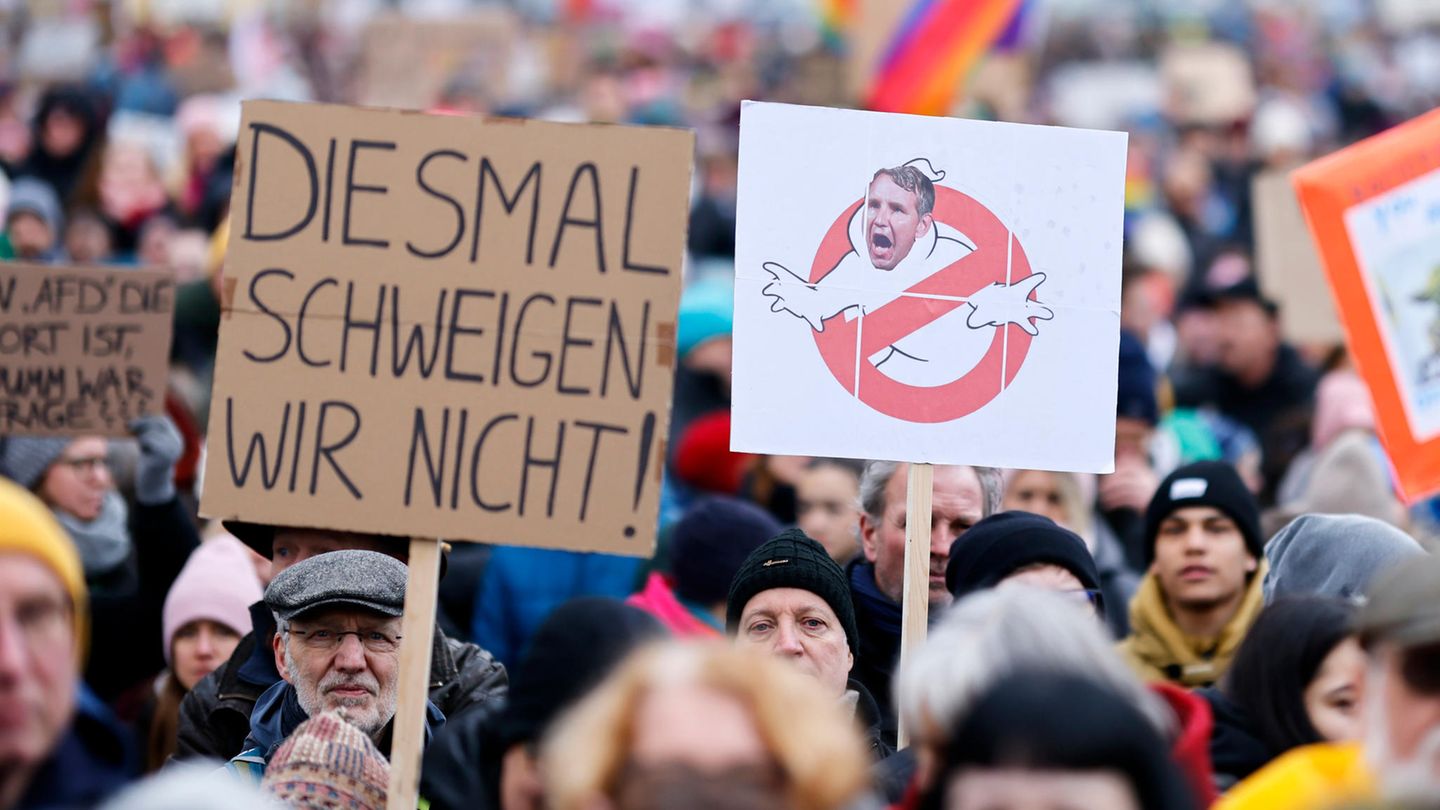I have been working in the news industry for over 6 years, first as a reporter and now as an editor. I have covered politics extensively, and my work has appeared in major newspapers and online news outlets around the world. In addition to my writing, I also contribute regularly to 24 Hours World.
Menu
Secret meeting of the right: What followed from the “Correctiv” revelation about the AfD
Categories
Most Read
Asean and APEC summit: Trump on a trip to Asia: Xi, deals and peace agreements
October 26, 2025
No Comments
Presidential election: Leftist Catherine Connolly elected President of Ireland
October 25, 2025
No Comments
Black-red: Söder: Coalition must not get stuck in party thinking
October 25, 2025
No Comments
Gaza war: Trump puts pressure on Hamas to hand over dead hostages quickly
October 25, 2025
No Comments
Ukraine War: Trump: Don’t meet Putin until deal is secure
October 25, 2025
No Comments
Latest Posts

Celebrate with headphones: Silent Party: State Parliament becomes a club for six hours
October 26, 2025
No Comments
Lisa HarrisI am an author and journalist who has worked in the entertainment industry for over a decade. I currently work as a news editor

War in Ukraine: 26 injured in drone attack on Kyiv reported
October 26, 2025
No Comments
IvanI have been working in the news industry for over 6 years, first as a reporter and now as an editor. I have covered politics

Asean and APEC summit: Trump on a trip to Asia: Xi, deals and peace agreements
October 26, 2025
No Comments
IvanI have been working in the news industry for over 6 years, first as a reporter and now as an editor. I have covered politics
24 Hours Worlds is a comprehensive source of instant world current affairs, offering up-to-the-minute coverage of breaking news and events from around the globe. With a team of experienced journalists and experts on hand 24/7.

